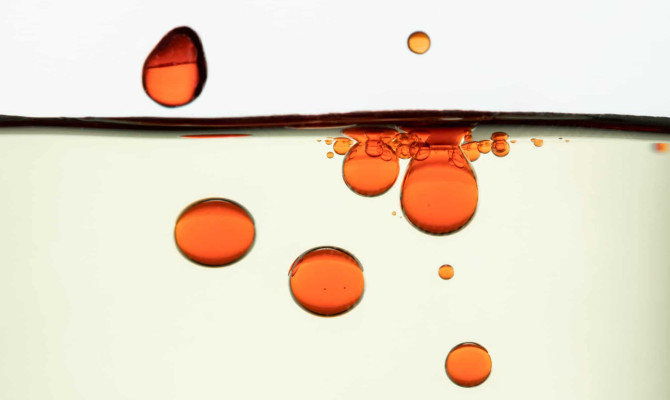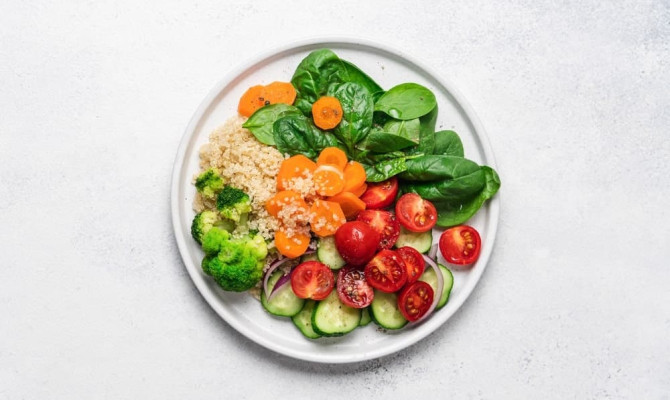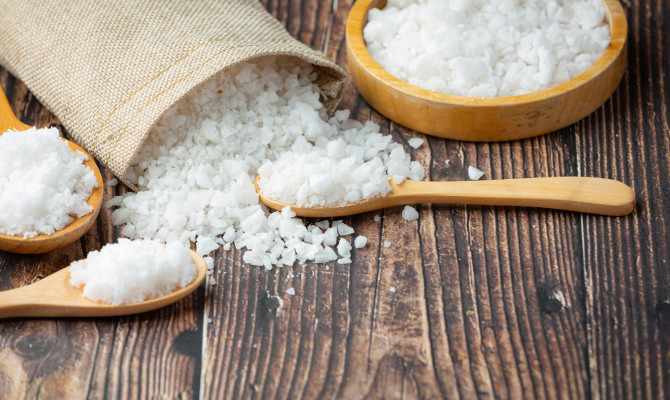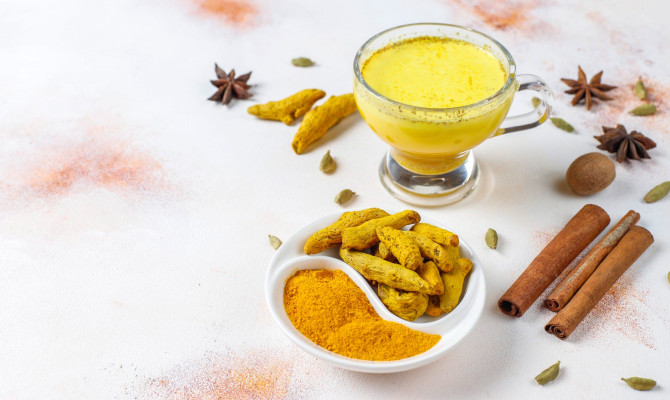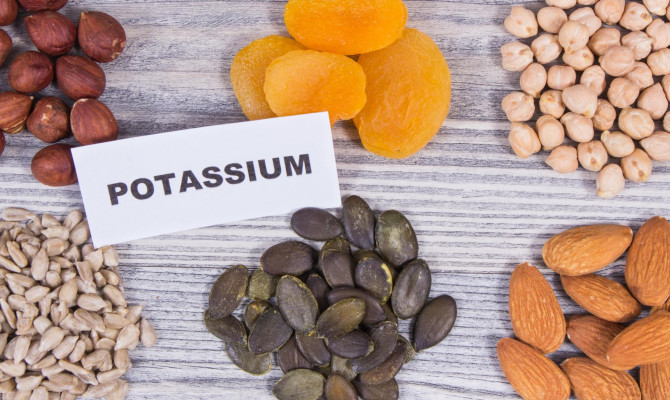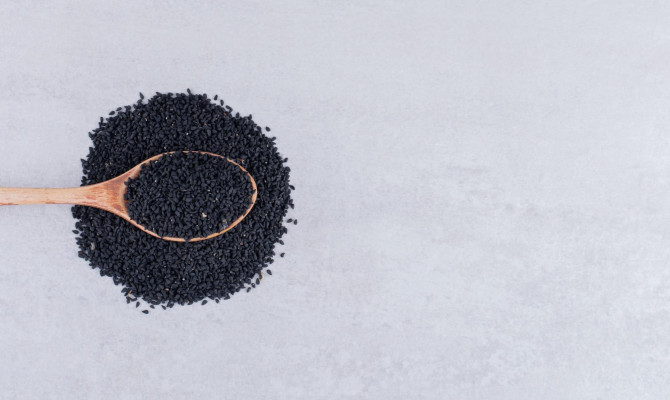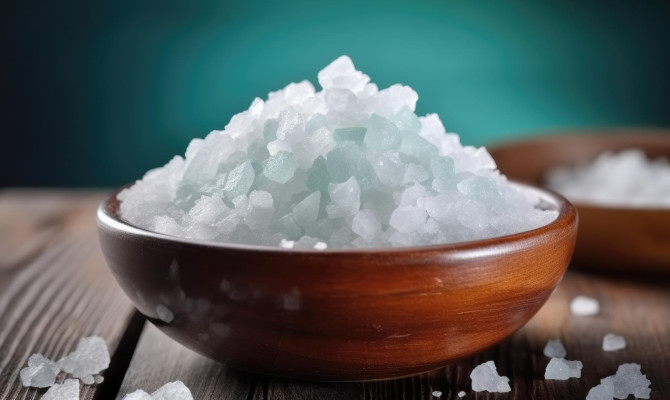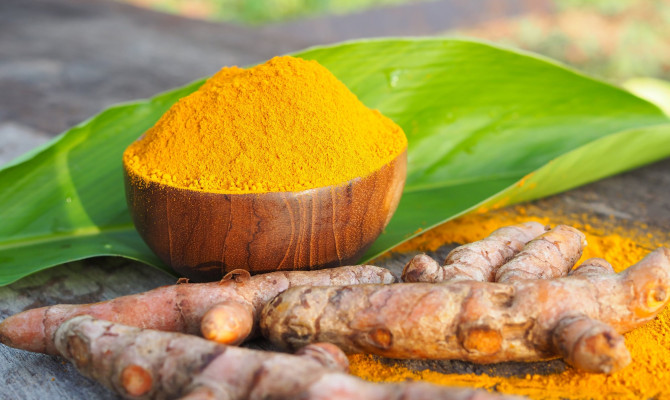Collagen: Sources and Benefits

- Collagen
- 14 Aug 2023
Overview
What is collagen?
Collagen is the most abundant structural protein in animals. Structural protein is found naturally in our body and gives shape and structure to tissues and cells. Collagen is composed mainly of hydroxyproline, proline and glycine amino acids.1Overview | Researched based study from Sciencedirect.com

Facts
Facts about collagen
- Collagen comprises about 30% of the human protein.
- Collagen is the chief constituent of the connective tissue that makes up body parts such as ligaments (connective tissue attaching bone to bone), tendons (the connective tissue that connects bone to muscle), muscles and skin.
- Collagen provides structure to the skin as well as gives strength to the bones.
- Collagen maintains skin elasticity and healthy bones and joints.
- Collagen helps in scar healing, wound healing and cell renewing in the body.
- Fibroblast connective tissue makes and sustains the collagen
- With age, loss of collagen along with elastin protein (another type of structural protein) lead to wrinkles and skin drooping(hanging) 1Facts | Researched based study from Sciencedirect.com
Biological role
Biological functions of collagen
- It gives support and strength to the body
- It helps fibroblast to form the middle skin layer(dermis) and thereby help in cell renewal .
- Provides the organ’s protective covering .
- Maintains the strength and elasticity of the skin .
- It helps in blood clotting .
- It replaces the skin’s dead cells .
Types
Types of collagen
There are altogether 30 known types of collagen in our body. The five most common types are mentioned below-
Type I
- It is the most widespread collagen found in all the connective tissues of our body.
- It makes about 90% of all collagen in the body 2Types | Researched based study from Nlm.nih.gov
Type II
- It acts as the shock absorber of the spine
- It is found in intervertebral discs and joints
Type III
- It is found in the blood vessels and skin
- It is the chief component of the reticular fibre(messy network fibre in connective tissue)2Types | Researched based study from Nlm.nih.gov
Type IV
- It is found in the eye lens, inner ear and kidneys
Type V
- It is present in the cornea of our eyes and some parts of the hair and skin 2Types | Researched based study from Nlm.nih.gov .
Sources
Sources of collagen
Plant sources
- Soy
- Mushroom
- Garlic
- Bean
- Tomatoes
- Cabbage
- Asparagus
- Kale
- Spinach
- Sesame seeds
- Lentils
- Chickpeas
- Mango
- Kiwi
- Pineapple
- Guava
- Avocado
- Berries
- Citrus fruits
- Bell peppers
- Cashews
- Nuts 3Sources | Researched based study from Sciencedirect.com
Animal sources
- Bone broth(soup from animal bones)
- Egg white
- Fish
- Jellyfish
- Shellfish
- Chicken skin
- Pork skin
- Beef
- Pork
- Lamb
- Organ meat
- Milk
- Cheese 3Sources | Researched based study from Sciencedirect.com .
Benefits

Benefits of collagen
Improves skin health
- The collagen present in the skin helps to tighten the skin .
Maintains the skin elasticity
- Moisten the skin and lessens the ageing effects 8Benefits | Researched based study from Nlm.nih.gov .
Improves hair
Collagen contains the same amino acids as hair keratin(a protein in the hair). Thus it helps
- In enhancing the growth of the hairs
- Delays the greying of the hair
- Reduces hair thinning
Builds muscle mass
- Around 10% collagen is present in our muscle tissues
- Loss of collagen causes sarcopenia (muscle loss due to increased age)
Collagen supplements
- Helps in preventing sarcopenia
- Help revive the muscle strength
Strengthen the bone health
Our bones contain abundant collagen, but the collagen starts to decrease with age. Including collagen supplements in our diet help in
- Reduces the risk of bone diseases such as osteoporosis(a bone disease in which bone mass and density decreases)
- Reduces risk of bone breaking
- Help prevent bone loss
Lessens joint pain
- Reduces joint pain in normal individuals
- It acts as a pain killer for people with a joint problem 5Benefits | Researched based study from Nlm.nih.gov
Improves the cardiac (heart) health
- Prevents arteries from constricting
- Ensure enough blood flow by the arteries
- Prevents atherosclerosis (a disease in which fats build up in the arteries obstructing the blood flow) 4Benefits| Researched based study from Nlm.nih.gov
Promotes the nail growth
- Maintain the development of the nails
- Enhances the nail’s shine and firmness
Enhances the body’s metabolism
- Enhancing the burning of the body fat
- Regulate the body weight . However, more research is required to prove the collagen effect on body metabolism.
Enhances the digestive health
- Help in body digestion
- Help in improving the growth of beneficial bacteria 5Benefits | Researched based study from Nlm.nih.gov
- It helps repair the intestinal lining .
Benefits of collagen supplement (based on research studies)
Bone Health
- Improves bone mineral density in postmenopausal women
- Reduces the symptoms of osteoarthritis
- Improves the bone health of older women with lower bone mineral density
Skin Health
Hydrolyzed collagen, available as collagen supplements, is broken down into smaller pieces for easy absorption by the body. It helps-
- Improves skin health and appearance
- Improves the skin moisture
- It improves wrinkles and fine lines on the face
- Improves skin elasticity 6Benefits| Researched based study from Nlm.nih.gov ,7Benefits| Researched based study from Nlm.nih.gov .
Medical uses
Medicinal uses of collagen
Wound dressing
- Collagen helps quickly heal the injured skin area by renewing skin cells.
Dermal fillers
- Dermal fillers(soft tissue fillers) are collagen injections it help give volume to the lines and wrinkles in the skin and promote the skin look
Vascular prosthetics
- Collagen tissue of the donor are used to rebuild arteries, help in renew peripheral nerves and help in impaired blood vessel replacement
Symptoms
Symptoms of collagen decrease in the body
- Wrinkles and fine lines in the skin
- Drooping skin
- Shrinking muscles
- Muscle pain
- Joint pain
- Stiff ligaments and tendon
- Loss of mobility because of joint damage
- Digestive problems due to thinning of the digestive tract lining
- Blood flow problems
Causes
Causes of collagen loss
- A deficient level of vitamin C(ascorbic acid) in the body
- Progressive ageing, which is a natural process in each individual
- Hormonal changes during various stages of our life, such as health conditions, pregnancy and menopause
- Excess exposure to the Ultraviolet rays of the sun causes collagen breaking in the skin
- Oxidative stress in the body due to processed food diet and smoking 8Causes | Researched based study from Nlm.nih.gov .
Prevention
Preventing collagen loss
- Complete cessation of smoking .
- Avoiding processed food which increases the body’s oxidative stress .
- Eating abundant vegetables and fruits .
- Protecting our skin from the direct sun .
- Consulting a dermatologist for collagen supplements .
Takeaway
Key takeaways
- Collagen is a protein in the connective tissue, cartilage, bone and tendon
- It gives strength to the body and also helps in tissue repair and body metabolism .
- Collagen is naturally produced in our body, and it decreases with the growing age
- Collagen supplements available commercially benefit our skin and bones
- Maintaining a balanced diet with collagen-containing fruits and vegetables helps delay collagen loss with growing age .
- Although collagen loss due to age cannot be prevented, healthy eating and a good lifestyle can slow the collagen loss in the body, thereby enhancing total health.
Any feedback on this article?
 This Articles content was accurate
This Articles content was accurate Very Informative Article
Very Informative Article I have a question or a comment
I have a question or a comment
 This article contains inaccurate content
This article contains inaccurate content This article was not helpful
This article was not helpful I have a question or a comment
I have a question or a comment
We appreciate your helpful feedback!
Checkout our social pages
References
-
Science Direct
Collagen- An overview | Overview
-
National Library of Medicine
Histology, Fibroblast | Facts
-
Science Direct
Collagen as a source of bioactive peptides: A bioinformatics approach | Sources
-
National Library of Medicine
A Collagen Supplement Improves Skin Hydration, Elasticity, Roughness, and Density: Results of a Randomized, Placebo-Controlled, Blind Study
-
National Library of Medicine
24-Week study on the use of collagen hydrolysate as a dietary supplement in athletes with activity-related joint pain
-
National Library of Medicine
Effects of hydrolyzed collagen supplementation on skin aging: a systematic review and meta-analysis
-
National Library of Medicine
Effect of collagen supplementation on osteoarthritis symptoms: a meta-analysis of randomized placebo-controlled trials
-
National Library of Medicine
Natural and Sun-Induced Aging of Human Skin | Causes of loss












